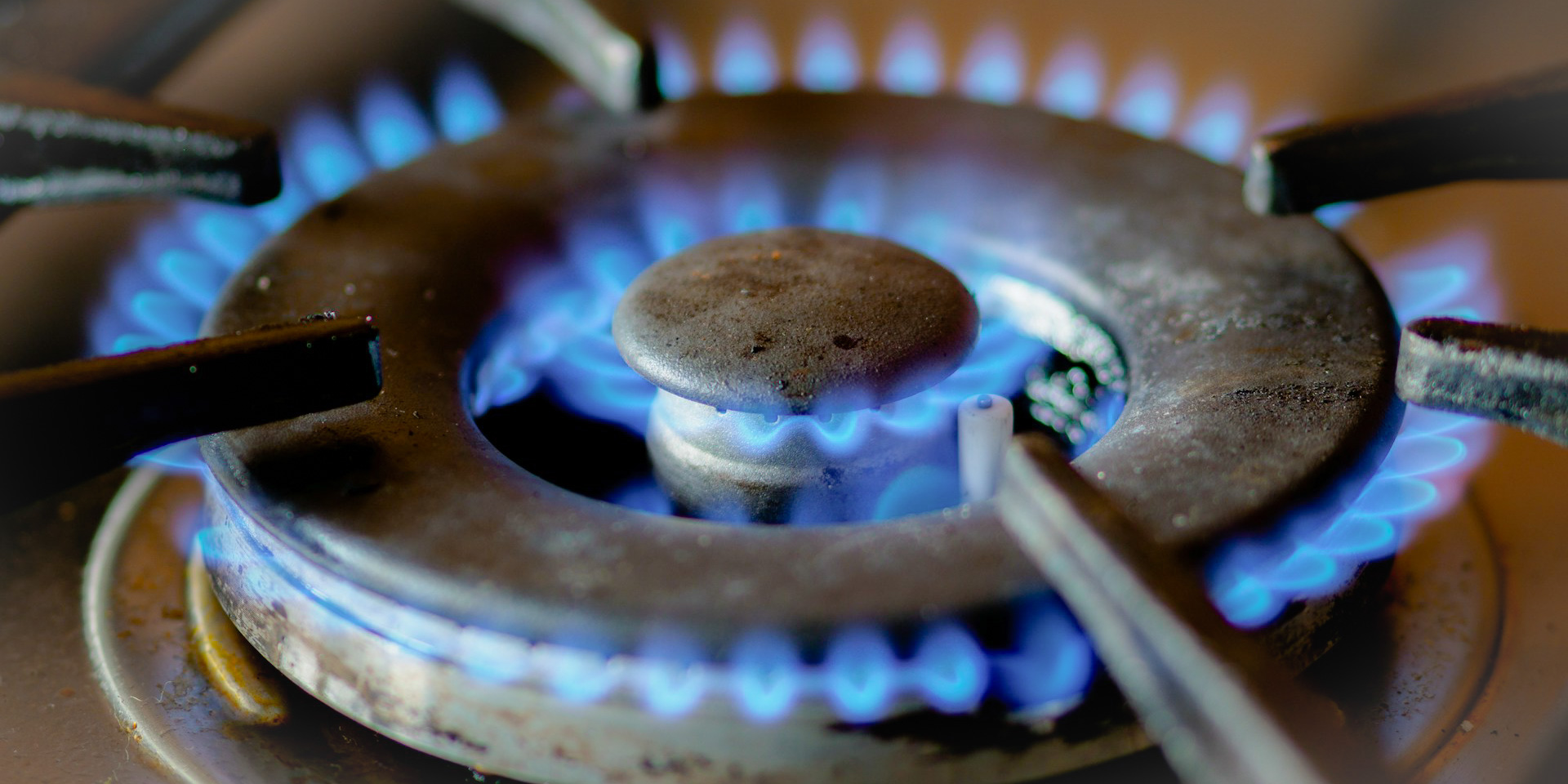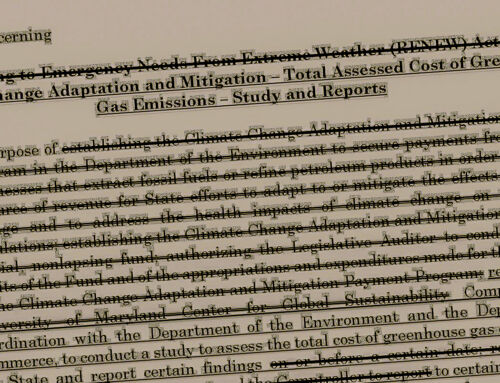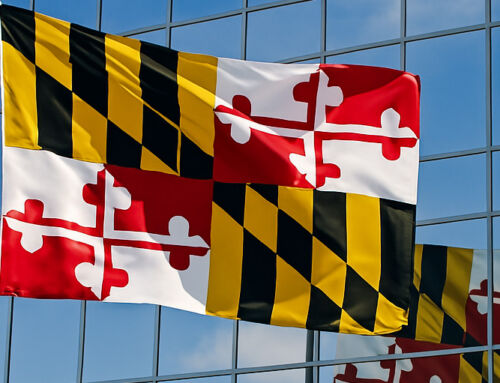View by Topic
Recent Articles
-
New Environmental Laws from the 2025 Maryland Legislative SessionSaturday, April 26th, 2025
-
Migratory Bird Treaty Act Does Not Prohibit Incidental Take – AgainSaturday, April 19th, 2025
-
President Trump’s Bold Step to Rein in State Overreach in Climate ChangeSaturday, April 12th, 2025
-
Mandatory GHG Disclosures in Maryland Real Estate ContractsSaturday, April 5th, 2025
View by Month/Year
“Green Building Law Update” Headlines
Recent Articles & News from
Stuart Kaplow’s blog
at GreenBuildingLawUpdate.com
- BEPS Redux: The Most Far Reaching Environmental Legislation of the 2025 Maryland General Assembly May 4, 2025
- New Environmental Laws from the 2025 Maryland General Assembly Session April 27, 2025
- Migratory Bird Treaty Act Does Not Prohibit Incidental Take – Again April 20, 2025
- President Trump’s Bold Step to Rein in State Overreach in Climate Change April 13, 2025
Subscribe to the Green Building Law Update!
Stuart Kaplow brings his expertise and extensive experience to the table with his unique digital publication, "Green Building Law Update". Subscribers receive regular updates to keep them informed about important issues surrounding Environmental Law, Green Building & Real Estate Law, as well as the emerging demand for Environmental Social Governance (ESG).
Get fresh content through the lense of Stuart Kaplow's cutting-edge expertise, innovative commentary and insider perspective. Don't miss another issue! Subscribe below.

Warning Labels on Gas Stoves?
A novel lawsuit is seeking to have a court order manufacturers to warn consumers that normal operation of its gas stoves produces air pollution at levels that can be harmful to human health.
Last week the U.S. PIRG Education Fund filed a lawsuit in the District of Columbia Superior Court against Haier US Appliance Solutions, maker of GE Appliances, alleging that the company is violating the District’s Consumer Protection Procedures Act by failing to warn consumers that normal operation of its gas stoves produces air pollution at levels that can be harmful to human health.
Among the relief requested is that the court, “Issue an injunction requiring any other appropriate health warnings and disclosure of information related to the nitrogen oxides, including nitric oxide and nitrogen dioxides, produced while using GE Appliances gas stoves.”
Nearly 40% of U.S. households have gas stoves.
Many will recall the controversy last year when Rich Trumka, Jr., one of five commissioners on the Consumer Product Safety Commission walked back comments about an “outright ban on gas stoves was on the table” but weeks later the Commission did inexplicably open a Request For Information into the hazards of gas stove pollution. But the Commission has taken no additional action to date.
Just last month the California State Assembly approved Assembly Bill 2513 that would require all gas stoves sold in California to have a warning label detailing the health risks of the pollutants emitted by gas stoves. That bill now heads to the state Senate.
In another avenue of attack on natural gas, last week, the Maryland governor issued an Executive Order seeking to ban gas appliances by requiring the state government, “propose a zero emission heating equipment standard regulation that will phase in zero emissions standards for heating equipment to reduce carbon pollution and improve air quality inside homes [and businesses] and the ambient air.” That is, Maryland’s earlier regulatory attempt at banning gas appliances in the name of greenhouse gas emission reduction ran afoul of preemption by the federal Energy Policy and Conservation Act, so apparently this time the State is justifying the ban under the basis that anything other than a new electric stove is harmful to human health?
The complaint in this DC case avers that to justify its claim the U.S. PIRG Education Fund tested two GE Appliance stoves and found NO2 pollution levels exceeded the numerical values the U.S. Environmental Protection Agency set as health protective standards for outdoor air. The case can be summed up with this allegation from the complaint,
“U.S. PIRG Education Fund conducted the tests on new stoves purchased in 2024. .. Upon information and belief, based on U.S. PIRG Education Fund’s gas stove testing, the science behind natural gas combustion, and the findings of studies, government agencies, and public health and medical organizations, other GE Appliances’ gas cooktops, ovens and ranges produce NOx, NO and NO2. Operating an electric stove does not produce NOx, NO or NO2.”
Some have suggested that the plaintiff itself did the testing itself because despite all the hue and cry in the popular media, the body of scientific research spanning decades indicates that cooking with natural gas is safe and not a significant determinant of residential indoor air quality or associated health effects. There are numerous reports and studies referenced in the complaint and the court will be left to determine the veracity and relevance of each.
A recent scientific literature search prepared in anticipation of litigation challenging Berkley California’s now determined to be an unconstitutional attempt to ban gas appliances, cited, a review from Abdullah et al. (2013) finding that “it is expected that the use of electricity and gas also contribute to cooking emissions. However, although such emissions will be included in the concentrations reported in the literature, the main contribution to those concentrations is expected to be from compounds deriving from the cooking of the ingredients itself.” In other words, when it comes to the indoor air quality of cooking with electricity or natural gas, the health driver is what you are cooking and the single largest contributor is the cooking oil in the pan, not the fuel you use to heat it.
Despite the science, but having been told by the courts that regulation of energy use is preempted by the federal government, health claims are now becoming the justification for bans on natural gas appliances by states and local governments across the country; of course, all under the guise of regulating climate change.
There is little chance the plaintiff will prevail in this case, but the media attention on this cause will have served its purpose.
I am not a chef (.. okay, I have never cooked a meal in my kitchen) but having reviewed a lot of the literature in this space absent some new government intervention with warning labels on cooking oil, a government action that would be rationally related to a legitimate government interest would be proper increased ventilation in buildings.
_____________________
Please join us for our webinar “Offsets and RECs are in Your Future for Reducing Greenhouse Gases” on Tuesday, June 25 from 9 – 9:30 am EDT presented by Stuart Kaplow. The webinar is complimentary, but you must register here.









